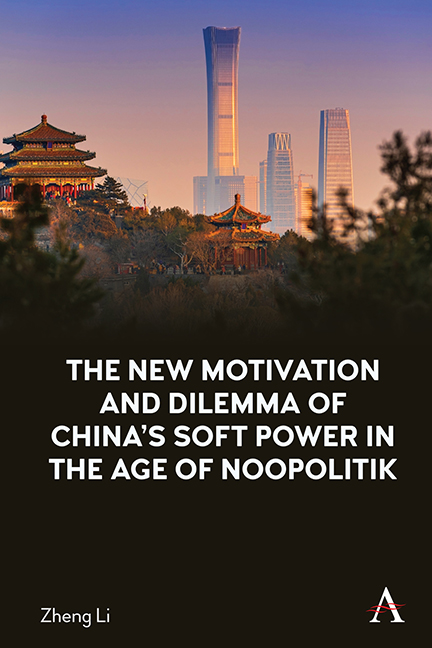Book contents
- Frontmatter
- Contents
- List of Figures and Tables
- List of Abbreviations and Acronyms
- 1 The Anti-Corruption Campaign and the Chinese Dream
- 2 Debating Governance and the Rule of Law: China’s Narrative and Images in Western Countries
- 3 Soft Power and Sharp Power in the Age of Noopolitik
- 4 Methodology
- 5 The Framing of Governance: the China Model and the Chinese Dream
- 6 When ‘House of Cards’ Meets ‘in the Name of People’: Framing China’s Anti-Corruption Campaign
- 7 Discussion and Conclusion
- Notes
- References
- Index
6 - When ‘House of Cards’ Meets ‘in the Name of People’: Framing China’s Anti-Corruption Campaign
Published online by Cambridge University Press: 06 October 2022
- Frontmatter
- Contents
- List of Figures and Tables
- List of Abbreviations and Acronyms
- 1 The Anti-Corruption Campaign and the Chinese Dream
- 2 Debating Governance and the Rule of Law: China’s Narrative and Images in Western Countries
- 3 Soft Power and Sharp Power in the Age of Noopolitik
- 4 Methodology
- 5 The Framing of Governance: the China Model and the Chinese Dream
- 6 When ‘House of Cards’ Meets ‘in the Name of People’: Framing China’s Anti-Corruption Campaign
- 7 Discussion and Conclusion
- Notes
- References
- Index
Summary
China's Projection
Overview
A total of 199 reports regarding China's anti-corruption campaign were collected from the database. Out of this, 39 reports were eliminated during the analysis due to irrelevant topics. The study identified two frame packages: In the Name of People and Political Reform. The proportions of each frame are shown in Table 6.
In the name of people
Responsive governance is the most significant frame package. It builds a discourse that the campaign is a responsive action to the widespread corruption and public expectation. Three frames constitute this frame package: Party's discipline, People's expectation and the struggle with corruption. The discourse implied by the package resonates well with Huntingdon's view that the ruling legitimacy of the Chinese government is gradually transformed from Marxism-Leninism's revolution into its governing performance (Huntington, 1996).
Party's discipline
Party's discipline is the most significant frame of this package (N= 77, 48%). It stresses the party's role in this campaign. The party is portrayed as an organization imposing strict discipline on its members and constant vigilance against corruption. It tries to convey the idea that the party's ruling status depends heavily on cadres’ behaviours and credibility in public perceptions. The party, therefore, should always be on high alert for any corruption taking place.
Many reports point out the urgency of curbing corruption, emphasizing that self-correction is an essential approach to maintaining the party's stability and efficiency. For example:
The minor instances of corruption that people encounter in their daily lives are a big issue, not only because they undermine the public's interests, but because they also undermine the public's confidence in the Party. (21 October 2016, China Daily)
Self-correction is the other source of that stability and efficiency. In this regard, the anti-corruption campaign intensified since 2012 and the strengthening of Party discipline has made the Party stronger. (1 July 2017, China Daily)
The frame can be easily perceived as many reports appeal to several principles, for example:
As the other three goals would be impossible to realize without the rectitude of Party members, an anti-corruption campaign has been rigorously implemented, effectively curbing the rampant corruption within the Party and government that had previously accompanied the country's dramatic economic growth. (10 October 2017, China Daily)
- Type
- Chapter
- Information
- The New Motivation and Dilemma of China's Internal Soft Power in the Age of Noopolitik , pp. 129 - 146Publisher: Anthem PressPrint publication year: 2022



